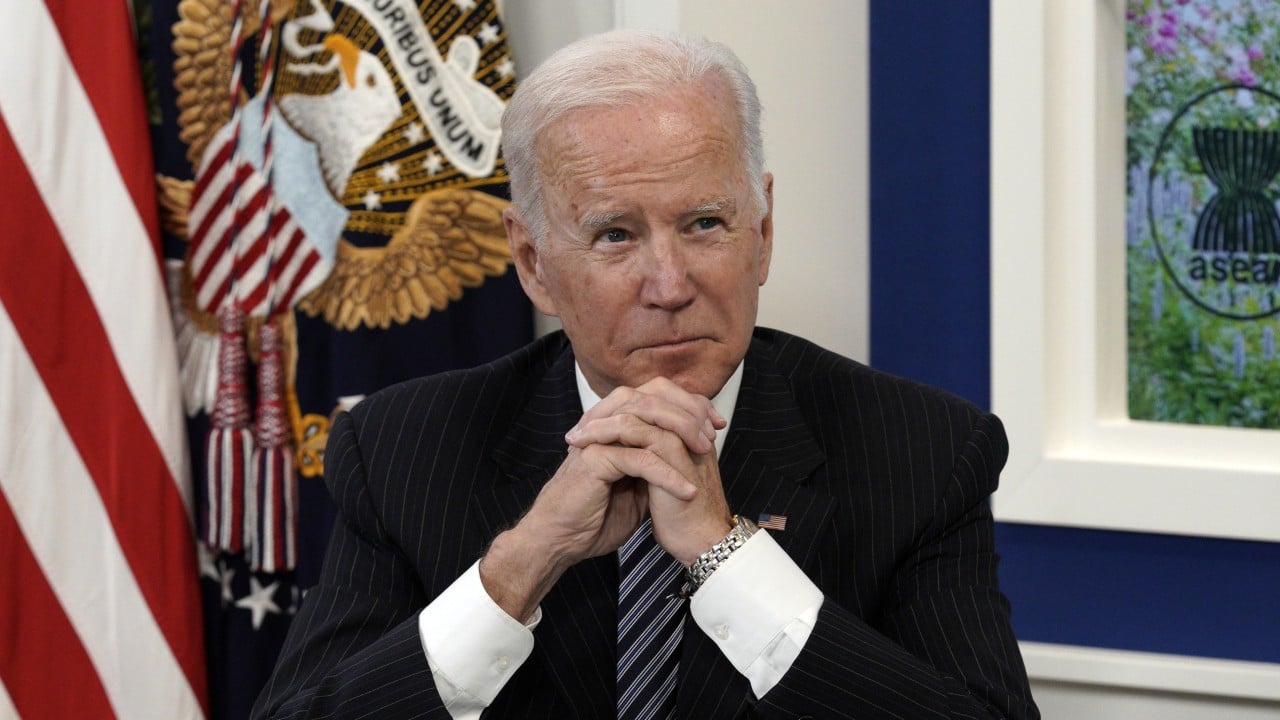Published: 8:14pm, 15 Oct 2024Updated: 8:22pm, 15 Oct 2024
When Joe Biden attended his first summit as American president with the leaders of Southeast Asian nations three years ago, he appeared keen to renew Washington’s leadership in a region at the forefront of the US-China rivalry.
Advertisement
“You can expect to see me showing up and reaching out to you,” he told the virtual East Asia Summit, pledging that the US would always stand with them.
But last week, the outgoing US leader skipped the region’s biggest annual gathering for the second year in a row.
To be fair, Biden – lately preoccupied with the Israel-Iran confrontation and two devastating hurricanes at home – has done a fine job in repairing ties with Southeast Asia and improving America’s standing in the Indo-Pacific.
But the timing of his absence could not have been worse for Washington and the 10-member Association of Southeast Asian Nations.
Advertisement
With the US presidential elections just three weeks away, Biden’s absence inevitably raised doubts again about how sincere commitment Washington’s commitment to the region is, especially if Donald Trump were to return to the White House.

